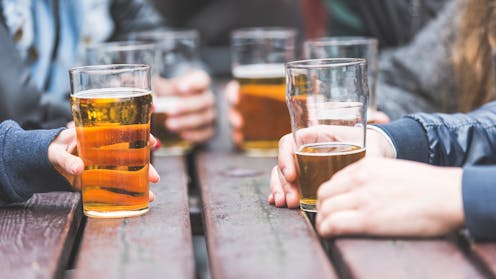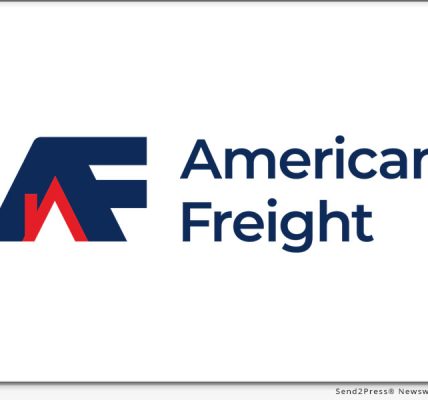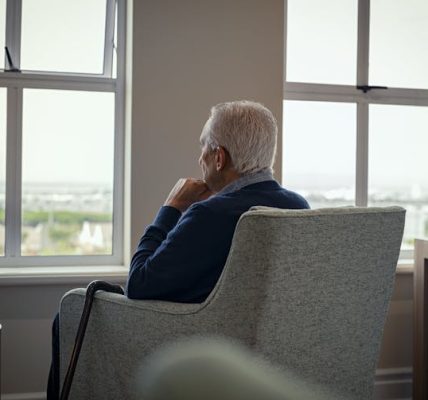Consolation, community, national identity: what is lost when pubs close – and how they can be saved
Recent figures from the British Beer and Pub Association show that pubs will close at the rate of one a day in the UK during 2025. This is just the latest chapter in a familiar story – more than a quarter of British pubs have closed since 2000.
The cost of running a pub has risen dramatically. The ingredients used to brew beer all cost more, as do the business rates, rents, duties, utilities and wages required to operate a welcoming venue in which to serve it. Some publicans have reported utility bills doubling in a matter of months.
Many pubs occupy prime locations and high-value buildings, which, coupled with larger floor space, mean business rates can be high relative to turnover and profit.
Meanwhile, food offerings which had provided many pubs with a profitable alternative to a drinks-only model have also been hit by rapid increases in costs. Supermarkets and delivery platforms now provide food and drink directly to consumers at prices few licenced venues can compete with. Even pubs that are economically viable are often more profitable converted into residential or retail space.
These economic challenges accompany wider cultural trends, such as the continued prevalence of home working, changes in drinking habits and competition from alternative forms of in person and online leisure.
We’ve researched pub closures in England and Wales to learn what the loss of pubs means for the communities who drink and gather in them.
When pubs closed temporarily during COVID-19 lockdowns, many people realised that what they missed about pubs was not alcohol but the social contact pubs provided. Pubs have a clear social value. They offer a space for people to meet and interact and have been shown to help tackling loneliness and social isolation.
Our research participants relayed stories of pub closure in relation to their own lives and communities:
I’ve been consoled in there, I’ve consoled friends in there. We’ve chopped up family issues, work issues. We’ve drunk for the sake of drinking in there.
Pubs help people feel connected to a local place. When they close, they can become sites of mourning, a painful reminder of change and decline. One resident of a former colliery village in Nottinghamshire said of the pub she had once worked in – now derelict, fire damaged and vandalised as it awaits redevelopment – that despite her wish that it had remained open it was now better to “knock it down” to “put us out of our misery”.
For many, pubs are a sort of bellwether for wider anxiety about social and generational change. The loss of pubs speaks to where “we” might be heading as a nation or as a community. Our recent analysis of how the British press has reported on pub closures since 2000 shows that a sense of national identity under threat is a recurring theme.
Both local and national newspapers have made repeated use of the word “our” in this context, warning readers of the grave threat to “our pubs” and “our heritage”, often invoking an idyllic image of rural life. However, much of this coverage has also praised the pub as a great leveller, as a place where people come together as a community to socialise despite their differences.
Can pubs be saved?
The Campaign for Real Ale, the leading consumer group for beer drinkers and pub goers, suggests changing planning and licensing laws to protect pubs at local and national levels, and more support and publicity for pubs to cater to changing markets.
Others have more directly lobbied for duty cuts that give pubs a fighting chance against supermarkets benefiting from economies of scale, VAT exemptions and convenience.
A hot meal served in a pub incurs a standard 20% rate of VAT, while a supermarket ready meal to be heated at home does not. The rationale for a tax cut to support pubs would rest on the social benefits they offer to communities, in contrast to supermarket-bought alcohol typically consumed at home.
A boarded-up pub in Bristol.
Thomas Turnell-Read
The Localism Act 2011 gave communities the right to bid to take pubs into community ownership, designating them as assets of community value. Yet while there are some terrific examples of community-owned pubs becoming both thriving businesses and a revived focal point for communities, residents in poorer areas lack the resources to sustain viable campaigns.
In one village in our study, a pub listed as a going concern at £500,000 in fact sold as a development plot for over £660,000. A viability study suggested that an investment of £225,000, plus working capital of at least £20,000, would be needed to reopen the pub. The residents we spoke to all conceded that a purchase was far beyond the modest resources of the local community.
While the loss of so many pubs is shocking, it obscures the fact that when other licensed venues, such as bars, restaurants and licensed cafes are factored in, the downward trend is flattened – and even reversed in some areas. This suggests a long-term diversification of the sector – the pub is no longer the only option when going out for a drink.
This may also reflect a feeling that other hospitality venues better cater to different people and groups who may feel less at home in traditional pubs. Some interviewees told us that they felt craft brewery taprooms were more welcoming and family friendly. Others found cafe-bars to have a more appealing mix of coffee, food and both alcoholic and non-alcoholic drinks.
There’s a long history of pubs adapting to serve new needs and markets. Pub is the Hub, for example, has supported rural pubs to incorporate everything from village shops and libraries to pizza ovens and IT skills hubs. There have been promising experiments with fitting pubs for co-working and meeting space. And micropubs can continue to offer the benefits of a convivial social space, in a back-to-basics approach that reduces the costs of running bigger venues. Pubs can and must evolve.
Thomas Thurnell-Read receives funding from The Leverhulme Trust.
Robert Deakin does not work for, consult, own shares in or receive funding from any company or organisation that would benefit from this article, and has disclosed no relevant affiliations beyond their academic appointment.




